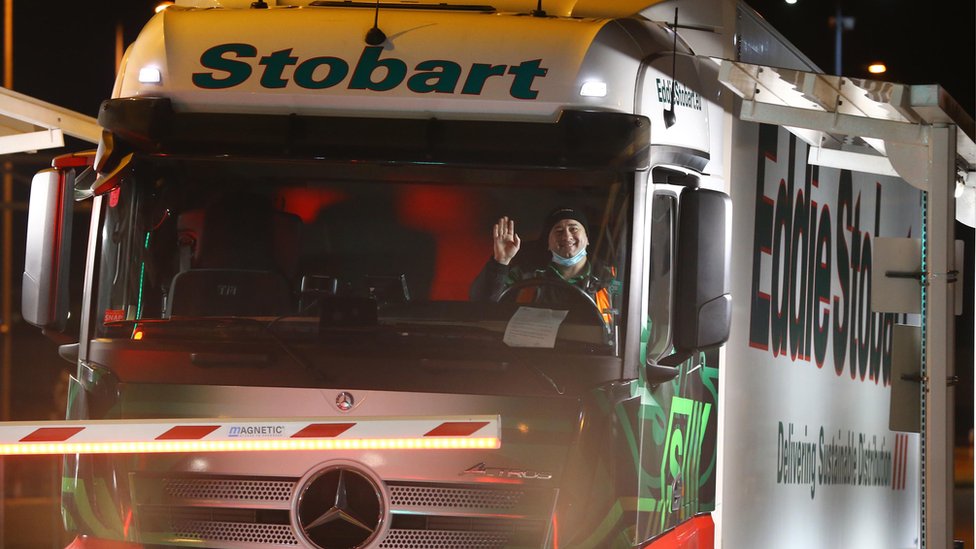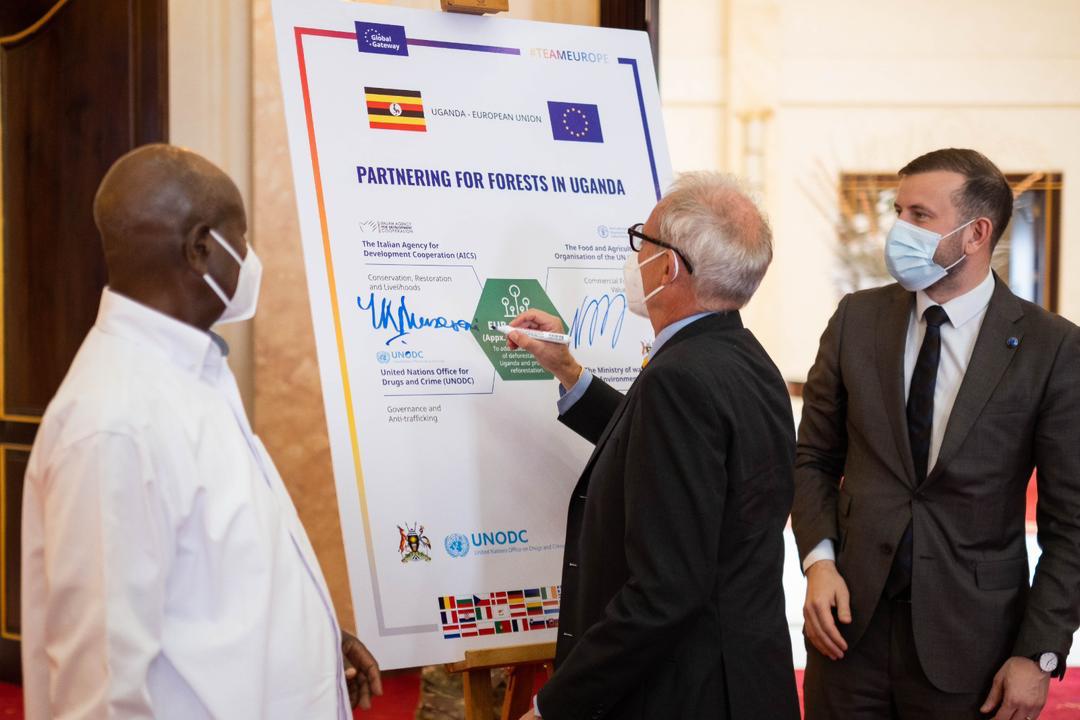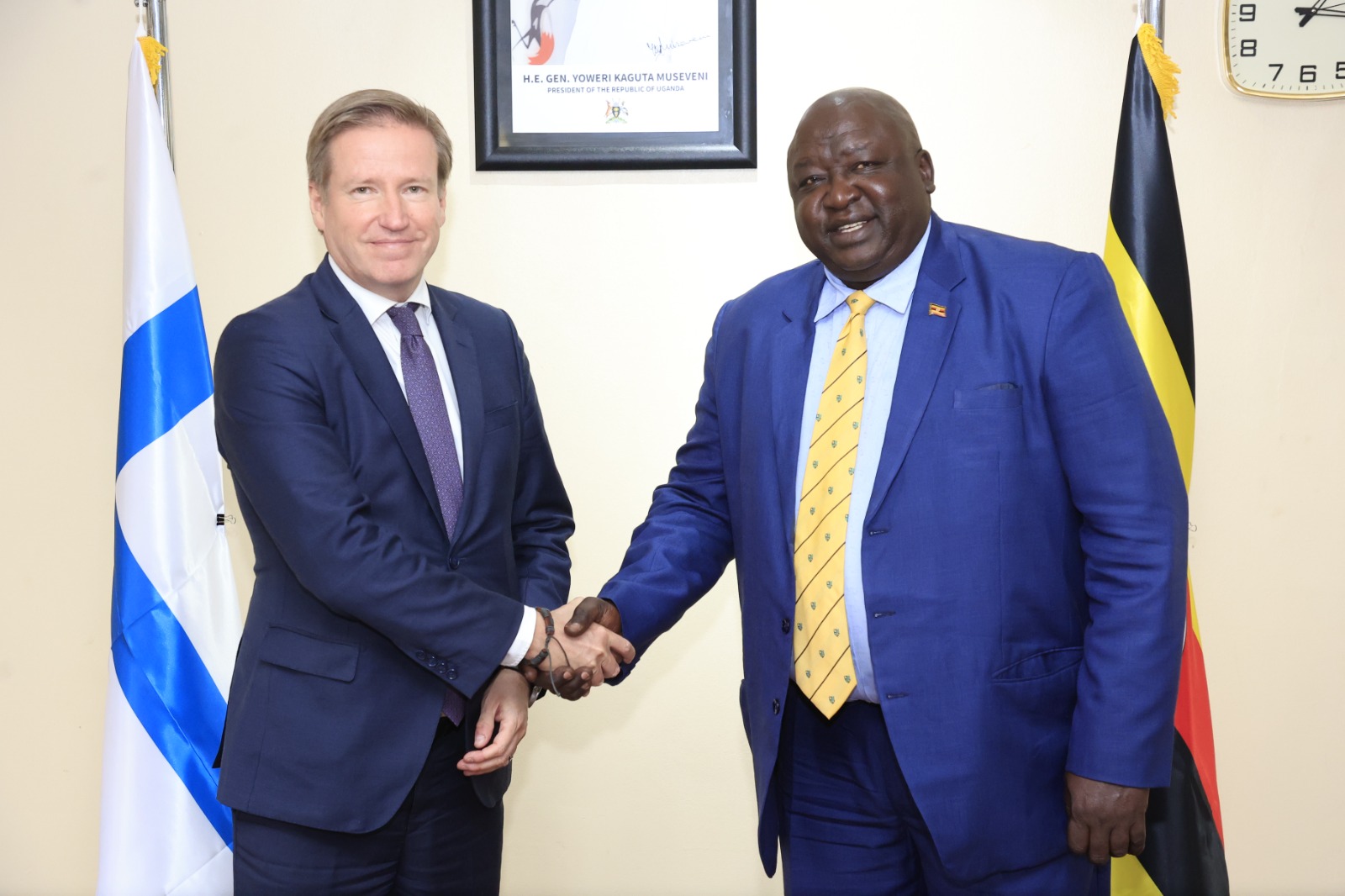New era begins for UK as it completes separation from Europe
A new era has begun for the United Kingdom after it completed its formal separation from the European Union.
Keep Reading
- > International Trade Centre, EU launch second edition of business acceleration project for Uganda’s film industry
- > EU gives Uganda shs167bn to tackle deforestation
- > TowerCo gets shs156bn European backing for Uganda's rural telecom expansion
- > EU, UNCDF announce shs48.8bn initiative to promote agribusiness in Uganda
The UK stopped following EU rules at 23:00 GMT, as replacement arrangements for travel, trade, immigration and security co-operation came into force.
Boris Johnson said the UK had "freedom in our hands" and the ability to do things "differently and better" now the long Brexit process was over.
The first lorries arriving at the border entered the UK without delay.
UK ministers have warned there will be some disruption in the coming days and weeks, as new rules bed in and British firms trading with the continent come to terms with the changes.
But officials have insisted new border systems are "ready to go".
As the first customs checks were completed after midnight, Eurotunnel spokesman John Keefe said: "It all went fine, everything's running just as it was before 11pm. It's very, very quiet, there are very few trucks around, as we predicted."
The first ferry from Holyhead in Wales arrived in Dublin Port at 05:55 GMT with about a dozen lorries on board, all of which cleared customs checks for the first time without delays.
The UK officially left the 27-member political and economic bloc on 31 January, three and half years after the UK public voted to leave in the 2016 Brexit referendum.
But it has stuck to the EU's trading rules for the past 11 months while the two sides negotiated their future economic partnership.

After trade talks went down to the wire, a landmark treaty was finally agreed on Christmas Eve. It became law in the UK on Wednesday after it was approved by Parliament.
Under the new arrangements, UK manufacturers will have tariff-free access to the EU's internal market, meaning there will be no import taxes on goods crossing between Britain and the continent.
But it does mean more paperwork for businesses and people travelling to EU countries while there is still uncertainty about what it will happen to banking and services, which are a major part of the UK economy.
Source: BBC


















